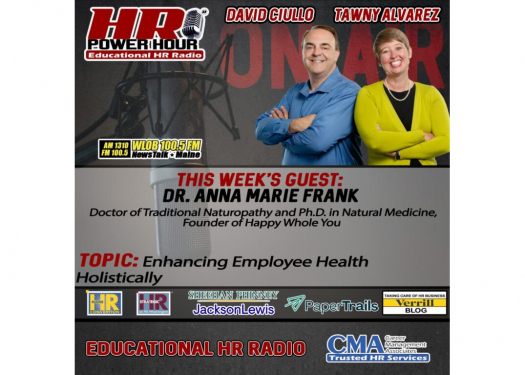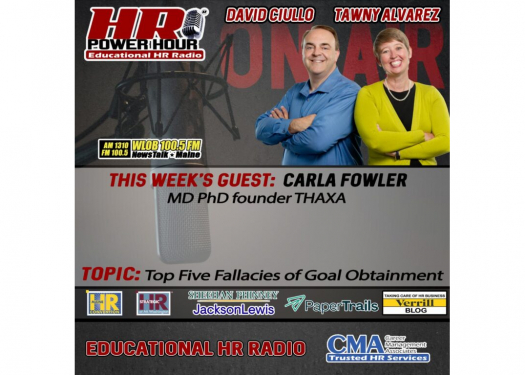Can I Require Employees to be Tested for COVID-19 Before Entering the Workplace?

Yesterday, the Equal Employment Opportunity Commission (EEOC) published guidance in response to this question and the agency’s answer was yes—“an employer may choose to administer COVID-19 testing to employees before they enter the workplace to determine if they have the virus.” (See Q. A.6). The EEOC noted that under the Americans with Disabilities Act (ADA), “any mandatory medical test of employees” must be “job related and consistent with business necessity,” and when that standard is applied under the current COVID-19 pandemic, “employers may take steps to determine if employees entering the workplace have COVID-19 because an individual with the virus will pose a direct threat to the health of others.”
The EEOC did provide the following caveats to the guidance:
- Ensure the tests are accurate and reliable - in doing so, review guidance from the U.S. Food and Drug Administration (FDA), Centers for Disease Control and Prevention (CDC), and other public health authorities concerning safe and accurate testing
- Consider the statistics as to false positives and false negatives associated with the test the organization uses
- Be mindful that accurate testing only reveals the virus is (or is not) currently present
- Employers should continue to require employees to observe infection control practices in the workplace to prevent transmission
Unsurprisingly, I’m going to provide a few more caveats. While the EEOC has noted that an organization can do it, and it should be mindful of the caveats set forth above, there’s always the question of should an organization do it. Here are some other things to keep in mind before testing:
- Does the company have the resources to test every employee on every day that the employee works for the foreseeable future? If not, how will the company determine which employees are tested and how often? If employees are only being tested weekly, what steps is the organization taking to continue to be mindful of symptoms in employees? Does such limited testing providing value to the organization?
- Once the organization collects the data, where is the organization storing it and how is the employee privacy maintained? Organizations should be storing all medical information related to testing in the employee’s existing medical files (this includes employee’s statements concerning symptoms/test results, employer notes and other documentation with health care providers concerning diagnosis or symptoms).
- When performing the test, ensure employee privacy. If the tests are done in public spaces and an employee is turned away from work following the test, employees will likely presume that the employee has tested positive—thus revealing confidential health information to co-workers. For further discussion of this topic, see Verrill’s earlier post regarding temperature checks available here.
- How will the organization respond if an employee (or group of employees) refuse to submit to testing? Is the organization prepared to terminate all of those individuals?
- Does the organization have a Collective Bargaining Agreement? Does it permit testing or is it silent?
- How will the organization deal with the time employees are waiting to be tested or having the test administered? This time may be compensable time under the Fair Labor Standards Act (FLSA) and/or state wage and hour statutes.
- Recall that while the EEOC oversees Title VII and the ADA, state fair employment practices agency (FEPA) may have stricter rules and not permit this type of testing. Before the management team makes a decision as to whether testing works for the organization, research the issue or consult counsel.
While the EEOC’s guidance is helpful in understanding the agency’s position on the matter, courts are not bound by the determination and there are still risks associated with the practice. Weighing those risks with the benefits of testing is going to be organization specific. For more information on this topic, contact Tawny Alvarez or a member of Verrill’s Employment & Labor Group.




















